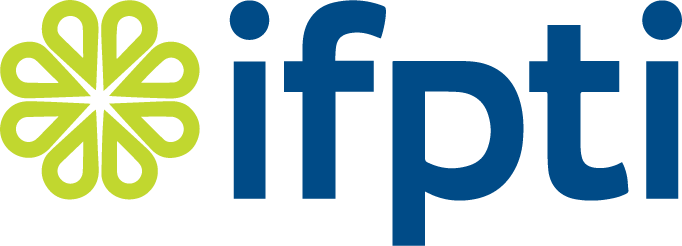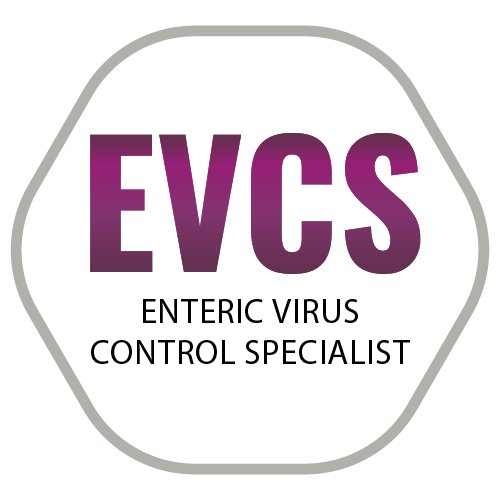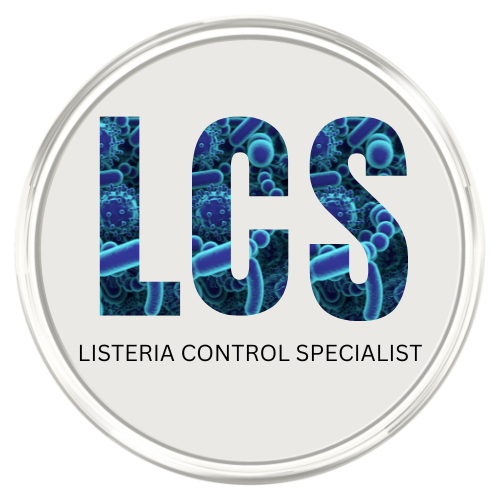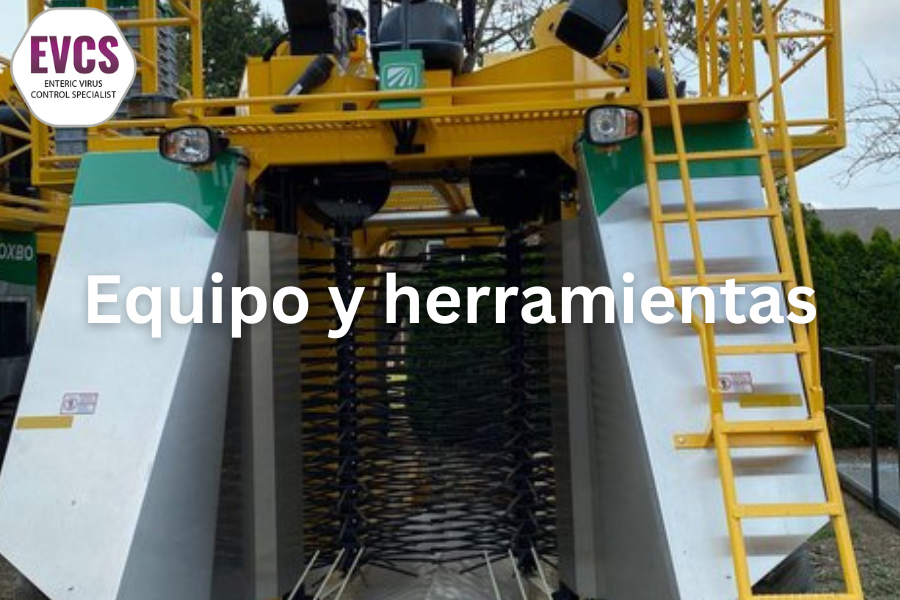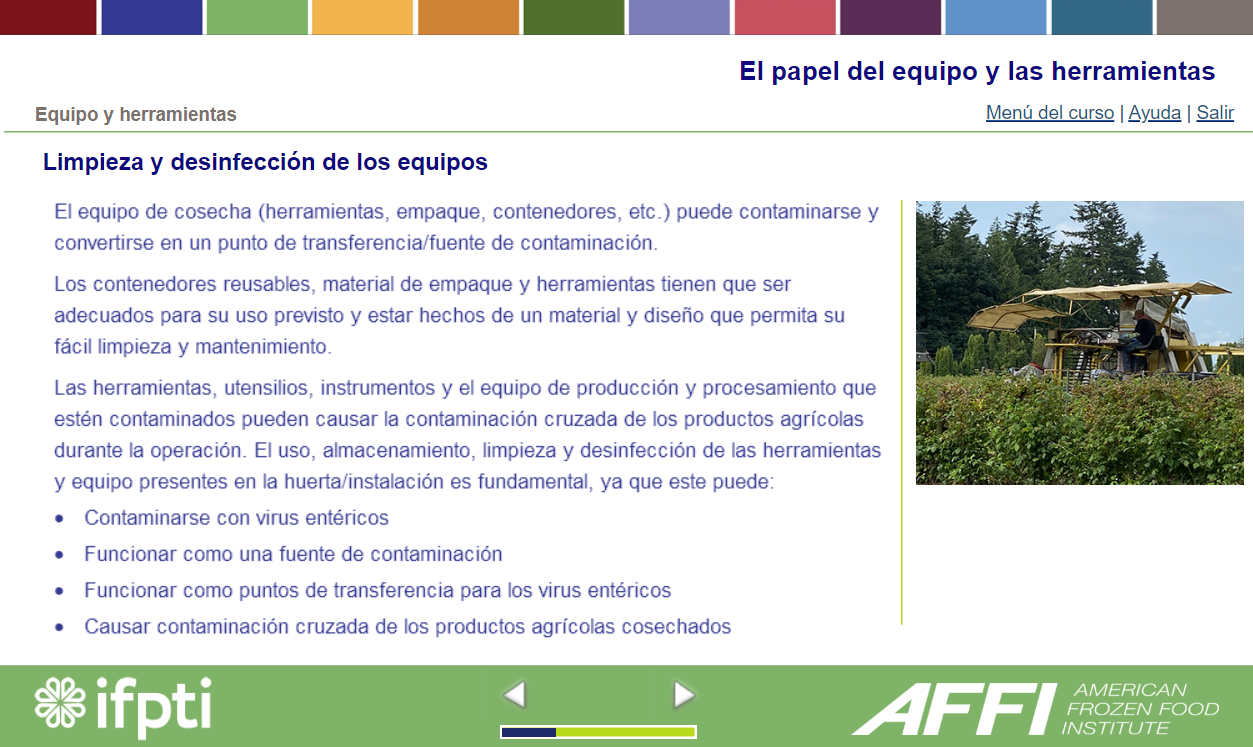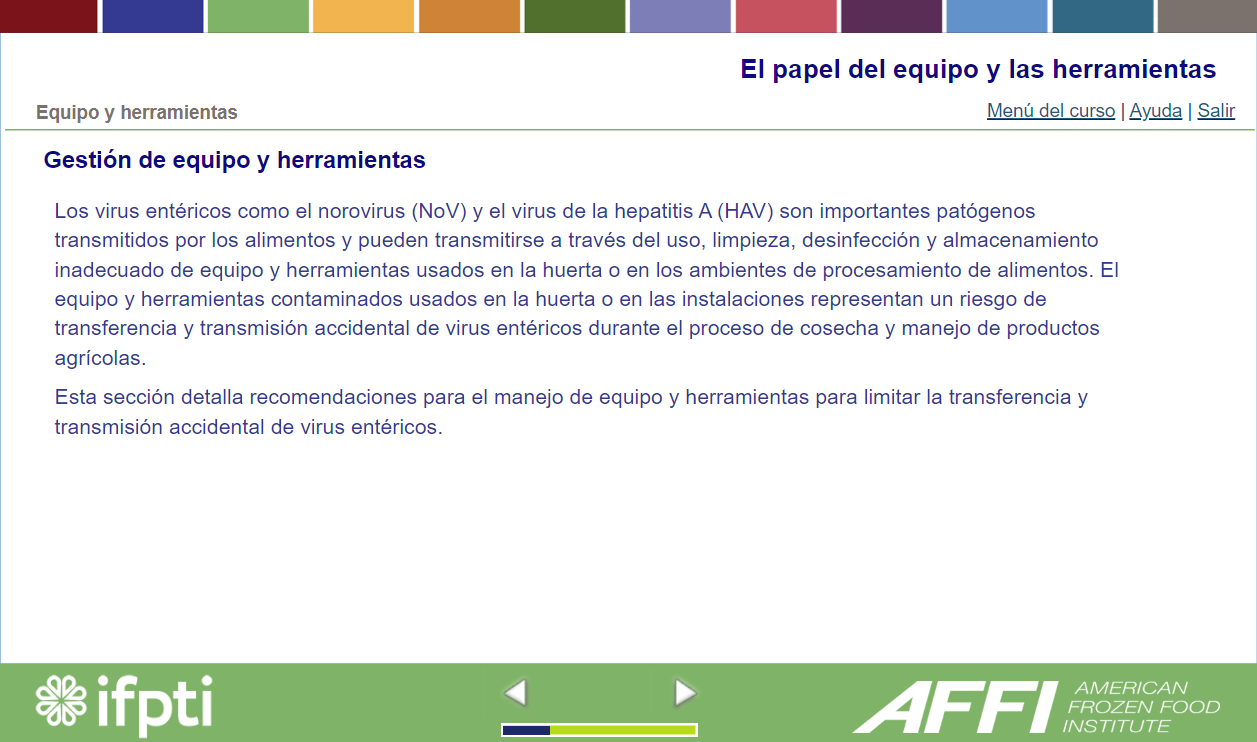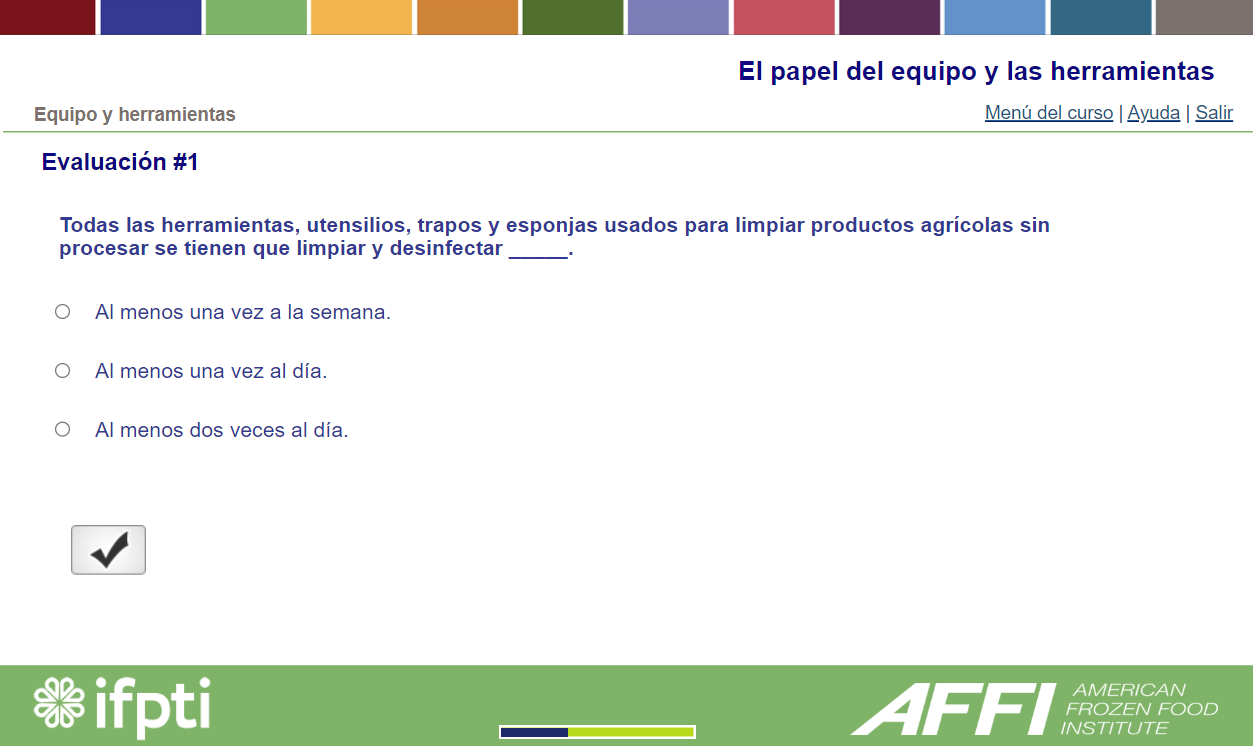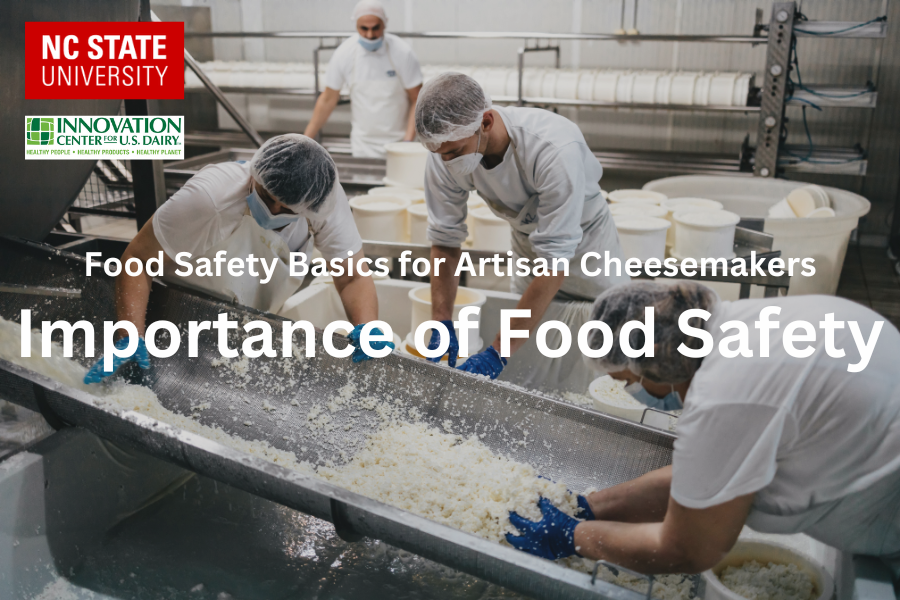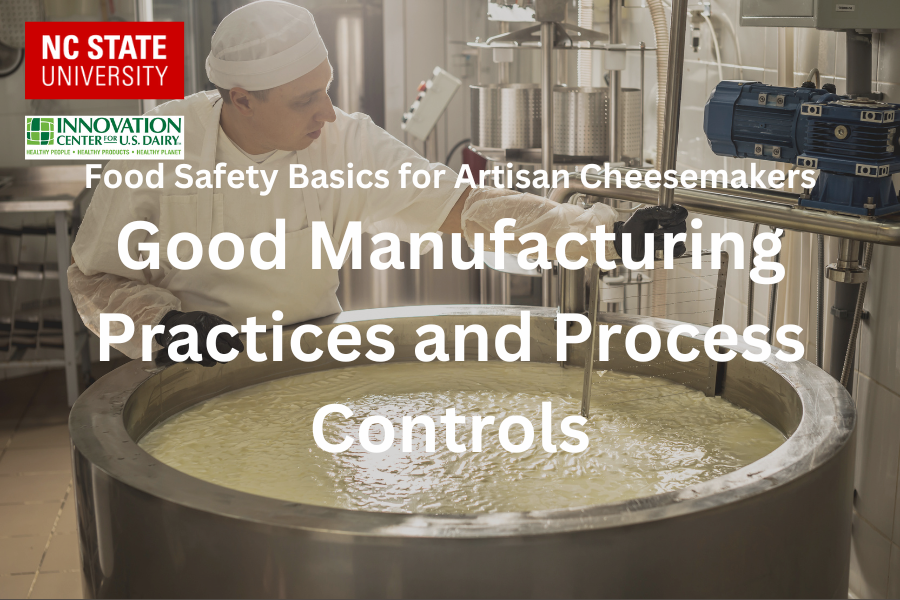 Image 1 of 1
Image 1 of 1


Sanitation Control Practitioner Program (SCPP) Combo! with Principles of Pathogen Environmental Monitoring Programs
This is a 2-day combo course with the Sanitation Control Practitioner Program (SCPP) and Principles of Pathogen Environmental Monitoring Programs
Abbreviated description below (see course packet for full details)
The Sanitation Control Practitioner Program (SCPP) is a hybrid sanitation program that utilizes self-paced online training modules, an in-person hands-on workshop, and a series of coaching webinars. These materials are based on job tasks associated with sanitation practitioners' roles. The program is designed to make information regarding cleaning and sanitation accessible and practical for smaller-scale and new processors to implement and manage a sanitation program confidently.
Program Components:
Part 1: Online training courses. The online modules are self-paced, allowing you to start, pause, resume, and complete the course at your convenience. The course will remember your progress. Upon successfully completing all lessons and knowledge checkpoints, you will receive a certificate of completion.
Cleaning and Sanitation Basics
Sanitation Tools and Supplies
Water for Cleaning and Sanitation
Chemicals for Cleaning and Sanitation
Sanitation Documentation
Sanitation Monitoring and Verification
Part 2: in-person Sanitation Workshop offers hands-on training with engaging activities. Participants can practice sanitation techniques and discuss best practices with the support of a live instructor. The course tracks your progress, and upon successfully completing all lessons and activities, you will receive a certificate of completion.
In-person workshop topics include:
Review of key cleaning concepts and practicing cleaning and visual inspections
Engage with and identify components of an SSOP
Review of cleaning activities and practicing verification activities of cleaning
Practice monitoring and verification of sanitizing
This program aims to introduce key sanitation concepts and provide hands-on learning experiences and technical support. This program helps processors build competencies relevant to sanitation tasks, ensuring alignment with implementing sanitation programs in food production facilities.
Principles of Pathogen Environmental Monitoring Programs
This course provides the foundation for the development and implementation of Pathogen Environmental Monitoring Programs (PEMP) in food manufacturing, particularly in for the ready-to-eat (RTE) food industry. Participants will gain practical knowledge in regulatory expectations, sanitation controls, hygienic zoning, and environmental sampling.
LEARNING OBJECTIVES:
Understand regulatory frameworks for pathogen environmental control
Identify risk factors and pathogen behavior (focus on Listeria monocytogenes)
Design sampling plans and interpret EMP data
Implement hygienic zoning and sanitation best practices
Apply corrective actions and conduct root cause analyses
COURSE OUTLINE:
Regulatory foundations (FDA & USDA-FSIS requirements)
Listeria monocytogenes in RTE food environments
Sanitation controls and SSOPs
Hygienic zoning and facility design
Environmental sampling strategies
Interpreting test results and corrective actions
Designing and implementing an effective EMP
This is a 2-day combo course with the Sanitation Control Practitioner Program (SCPP) and Principles of Pathogen Environmental Monitoring Programs
Abbreviated description below (see course packet for full details)
The Sanitation Control Practitioner Program (SCPP) is a hybrid sanitation program that utilizes self-paced online training modules, an in-person hands-on workshop, and a series of coaching webinars. These materials are based on job tasks associated with sanitation practitioners' roles. The program is designed to make information regarding cleaning and sanitation accessible and practical for smaller-scale and new processors to implement and manage a sanitation program confidently.
Program Components:
Part 1: Online training courses. The online modules are self-paced, allowing you to start, pause, resume, and complete the course at your convenience. The course will remember your progress. Upon successfully completing all lessons and knowledge checkpoints, you will receive a certificate of completion.
Cleaning and Sanitation Basics
Sanitation Tools and Supplies
Water for Cleaning and Sanitation
Chemicals for Cleaning and Sanitation
Sanitation Documentation
Sanitation Monitoring and Verification
Part 2: in-person Sanitation Workshop offers hands-on training with engaging activities. Participants can practice sanitation techniques and discuss best practices with the support of a live instructor. The course tracks your progress, and upon successfully completing all lessons and activities, you will receive a certificate of completion.
In-person workshop topics include:
Review of key cleaning concepts and practicing cleaning and visual inspections
Engage with and identify components of an SSOP
Review of cleaning activities and practicing verification activities of cleaning
Practice monitoring and verification of sanitizing
This program aims to introduce key sanitation concepts and provide hands-on learning experiences and technical support. This program helps processors build competencies relevant to sanitation tasks, ensuring alignment with implementing sanitation programs in food production facilities.
Principles of Pathogen Environmental Monitoring Programs
This course provides the foundation for the development and implementation of Pathogen Environmental Monitoring Programs (PEMP) in food manufacturing, particularly in for the ready-to-eat (RTE) food industry. Participants will gain practical knowledge in regulatory expectations, sanitation controls, hygienic zoning, and environmental sampling.
LEARNING OBJECTIVES:
Understand regulatory frameworks for pathogen environmental control
Identify risk factors and pathogen behavior (focus on Listeria monocytogenes)
Design sampling plans and interpret EMP data
Implement hygienic zoning and sanitation best practices
Apply corrective actions and conduct root cause analyses
COURSE OUTLINE:
Regulatory foundations (FDA & USDA-FSIS requirements)
Listeria monocytogenes in RTE food environments
Sanitation controls and SSOPs
Hygienic zoning and facility design
Environmental sampling strategies
Interpreting test results and corrective actions
Designing and implementing an effective EMP
